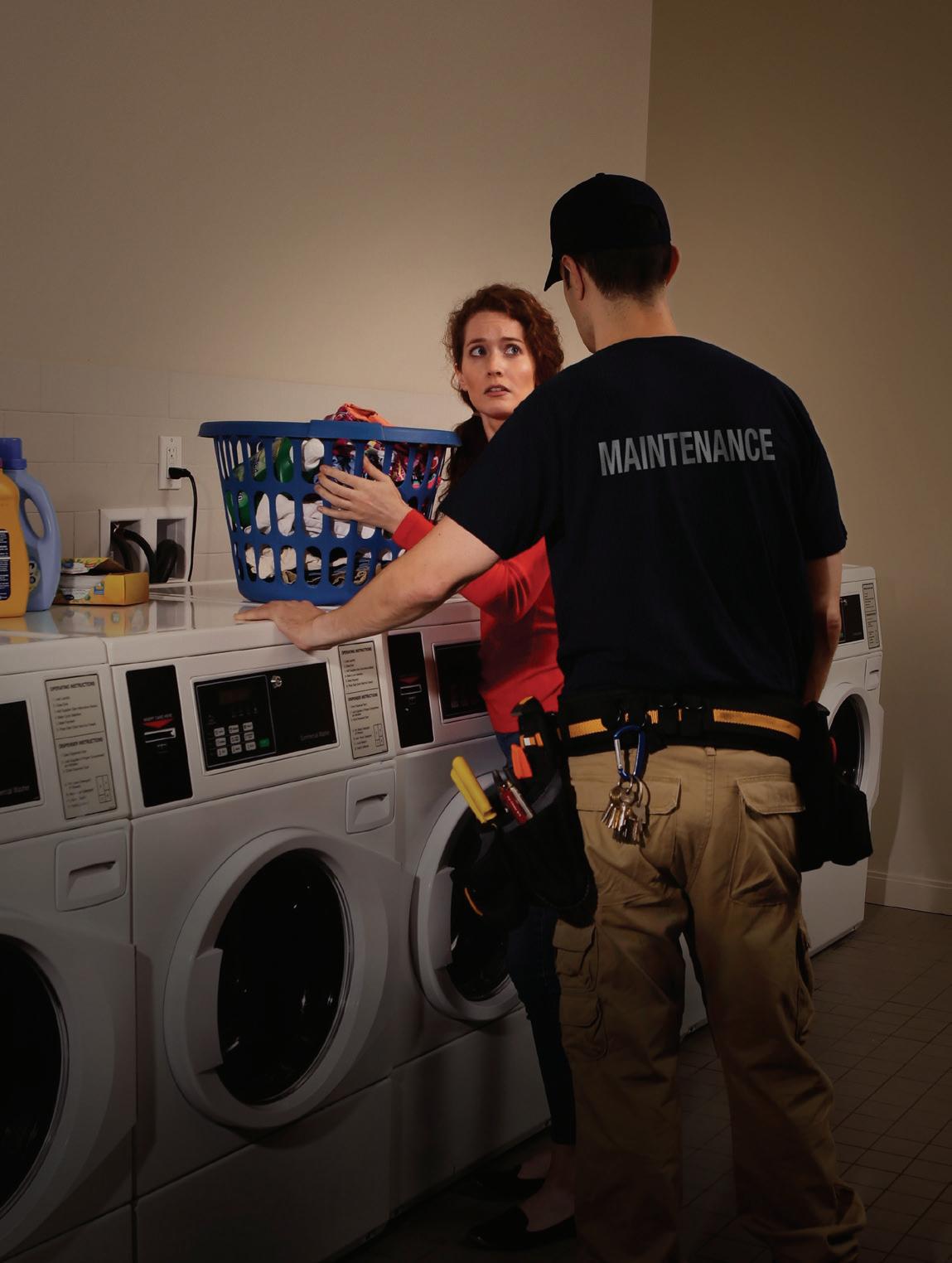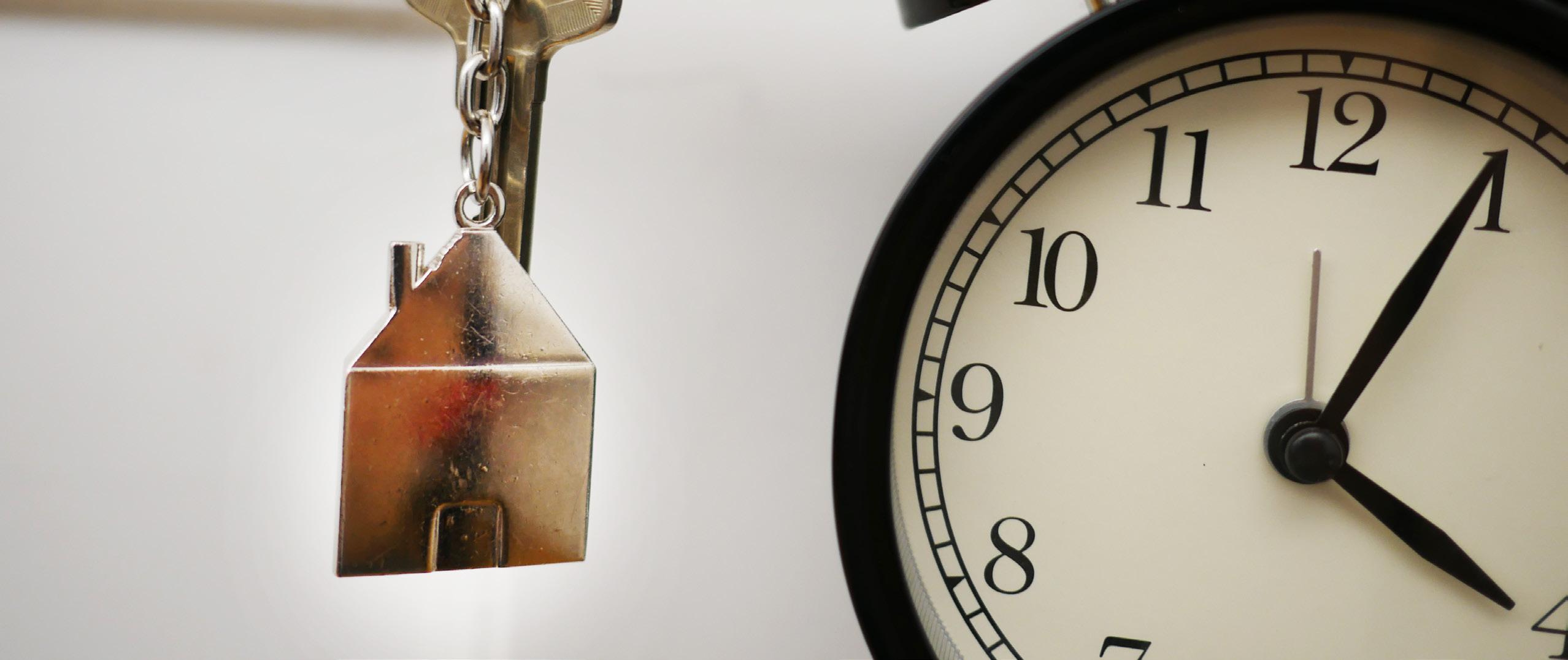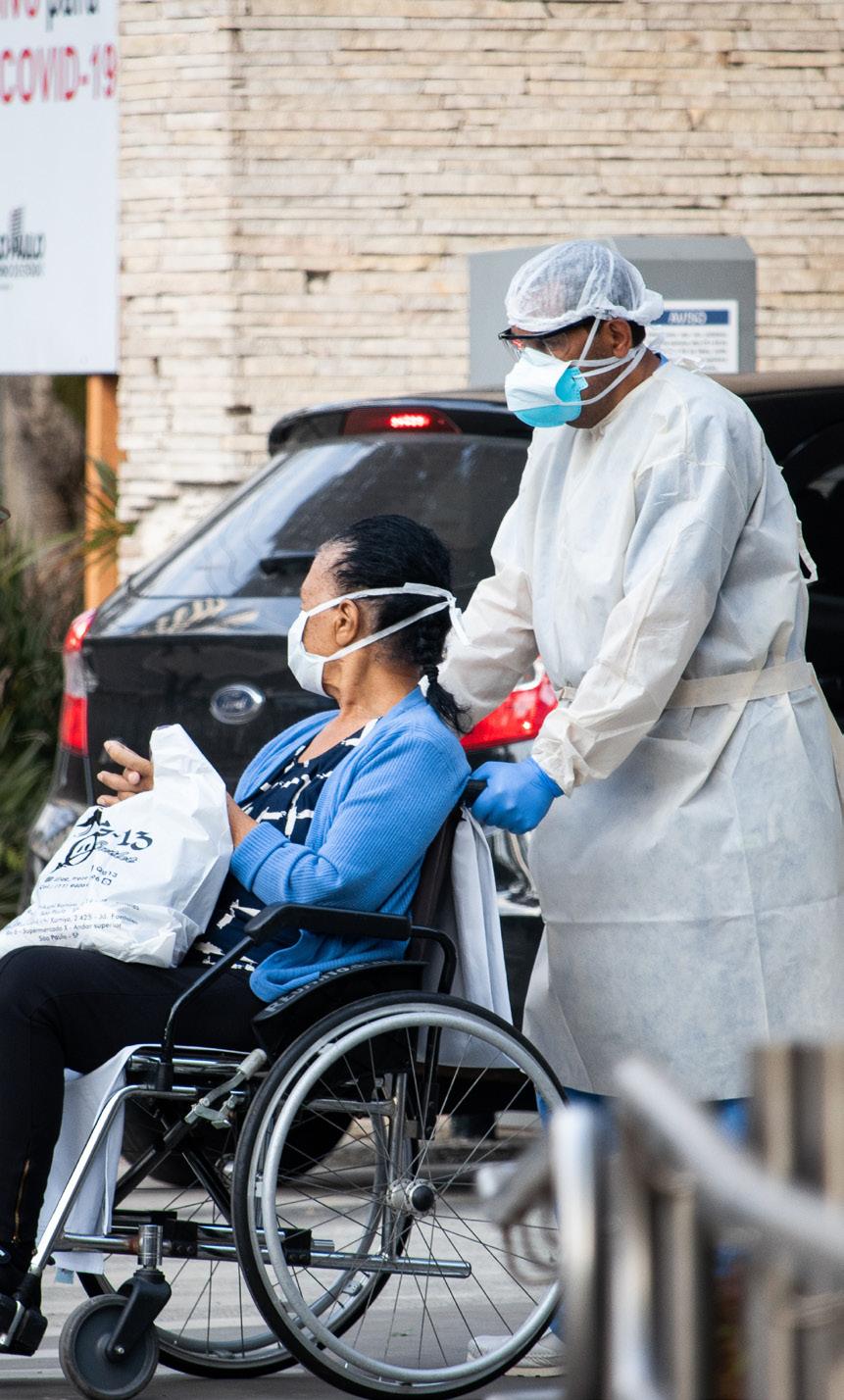
5 minute read
Realtor selling tips. Selling a home safely
Realtor Selling tips SELLING A HOME SAFELY DURING THE COVID-19 PANDEMIC
Johnnie Morine

During usual times, selling a home was not an easy job. The process could take a lot of time and energy, therefore, draining the seller emotionally. But now, with the Covid-19 Pandemic as the new norm, the times have changed. The process could be easy for some and more challenging for others. The home selling process now requires the seller to blend in some additional safety measures as it is necessary to prevent cut the chain of Covid-19 transmission.
The current Pandemic may have caused the closure of several or most of the businesses, and only the essential services are allowed to continue operating. Fortunately, Homeland Security recently declared real estate as an essential service, although it is not allowed to run as it used to during the good old days. To sell your homes and continue transacting normally, you may need to borrow a few Realtor processes that will ensure your safety and that of your clients.
1. Adopt virtual house tours
Despite the real estate agents’ allowance to continue with their operations, they are supposed to do so without putting anyone at risk of contracting the virus. The agents should recognize the power of doing house tours virtually. They should consider taking their potential clients through the house tours virtually. Virtual home tours has been there even before, but this is the time it should be utilized the most.
Michelle Mumoli, the CEO of Mumoli Group, states, “Sellers love virtual tours because typically what would be the inconvenience of leaving the residence for 20 to 30 minutes to allow potential buyers access now have the opportunity to allow them access without having to leave.” Mumoli Group is a residential and commercial dealers firm based in Hoboken, NJ.
Apart from the agents engaging one on one with the interested client, they can also take eye-catching images and videos of the homes they are selling and post them online. This can be a very significant way of driving traffic and acquiring more home buyers.
2. Extra precautions for physical home tours.
To ensure everyone’s safety, open house tours with a large group of people are offenses now. On the other hand, buyers want to view homes in person before making their decision. Agents and other sellers on the other side may be worried about the risk of interacting with strangers in their homes. In a case where there has to be a physical house tour, the agents have to be extra cautious on how to go about this.
Many agents have introduced a house showing kit that features a sanitizer, booties, and gloves for use during the house tour. Before beginning the showing processes, sellers are advised to disinfect frequently touched surfaces such as doorknobs, closets, cabinets, and switches. The buyers also are encouraged to disinfect themselves before the process begins.
To further reduce the frequent touching of these surfaces, the agents are advised to leave doors of closets and other rooms open and ensure the lights are on as well.
Once the house showing process is over, it is highly recommended for the seller to disinfect themselves once again to mitigate the risk of having interacted with the buyer.
3. Engage in safe home inspections
In normal circumstances, sellers have to let the inspectors and appraisers brought by buyers to check the homes before the deal is closed. But with the different Covid-19 situation that requires no physical interaction, the home inspections and appraisals should be conducted with no contact.
For instance, the HomeMaster, which is a home inspection company in the U.S, is trying its best to reduce any contact. They are asking sellers to remain secluded in a place where they will not come into contact with the inspectors. The buyers are also supposed to be in the appropriate personal protective equipment such as gloves and masks, according to the Centre for Disease Control and Prevention guidelines.
4. Remote deal closing
The practice of remotely closing home deals has been there in some parts of the country, even before the Pandemic. But currently, the practice is highly recommended for the safety of both the seller and the buyer.
A total of 23 states currently have remote notarization policies that allow virtual execution of electronic documents between a notary and a signer. The National Association of Realtors recently reached out to Congress through a letter asking them to expand the policies across the whole of the U.S for the safety and efficiency of the real estate transactions, especially during this Pandemic.
The challenge behind remote closing is that some lenders of buyers don’t have the technology the offers a full virtual closing. However, in a case where remote closing is possible, the title company should prepare the required documents and through the physical mail and email or upload them to a portal.
The fight against this virus will require all of us in order to win. Make it a personal responsibility to observe the safety guidelines to ensure we put to an end the spread of the virus. Stay safe, stay home, and keep washing your hands, and we will be sure to win this war.
If you’re a home buyer or a seller have any inquiries on how you can buy or sell your home safely during these difficult times, don’t look no more; our VIP Agent Johnnie Morine is here to help you. Johnnie is the owner of the Morine Group Realtors, which is a prolific real brokerage firm that offers full service brokerage, training, mentoring and coaching services. Johnnie is also a motivational author with S.P.E.C.I.A.L philosophy on sales and marketing. You can get in touch with Johnnie at https://thepowerisnow.com/johnnie-morine/.
Works Cited;
https://www.realtor.com/advice/sell/is-it-safeto-sell-your-home-during-the-coronaviruspandemic/
YOU DESERVE TO LIVE SAFE FROM SEXUAL HARASSMENT.
Sexual harassment by a landlord or anyone related to your housing violates the Fair Housing Act. If you receive unwelcome sexual advances or are threatened with eviction because you refuse to provide sexual favors, you may fi le a fair housing complaint.

To fi le a complaint, go to hud.gov/fairhousing or call 1-800-669-9777
If you fear for your safety, call 911.










